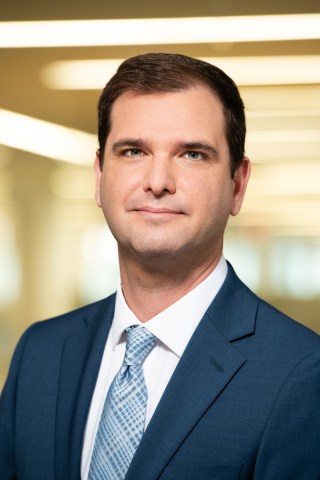
Majorities in Europe, North America worried about Islamic extremism
People across Europe and in the U.S. and Canada have pervasive concerns about the threat of Islamic extremism in their countries.
Numbers, Facts and Trends Shaping Your World

Jacob Poushter is an associate director at Pew Research Center. He is an expert in international survey research and writes about international public opinion on a variety of topics, including the international image of the United States and perceptions of global threats. He is also responsible for designing survey questionnaires, managing survey projects, analyzing data and developing topics for the annual Global Attitudes Survey.
Poushter received a master’s degree in international affairs from American University and a bachelor’s degree in history from Williams College. He is also an author of studies on global attitudes of cultural change, views of the American-German relationship, and contrasting opinions among elites and the American public. He regularly talks about the Center’s findings in print and broadcast media and has been featured on Bloomberg TV and CTV, as well as in other international media outlets. He has also traveled to Canada, Europe and Asia to explain the Center’s work and has participated in numerous presentations and panels in Washington, DC.